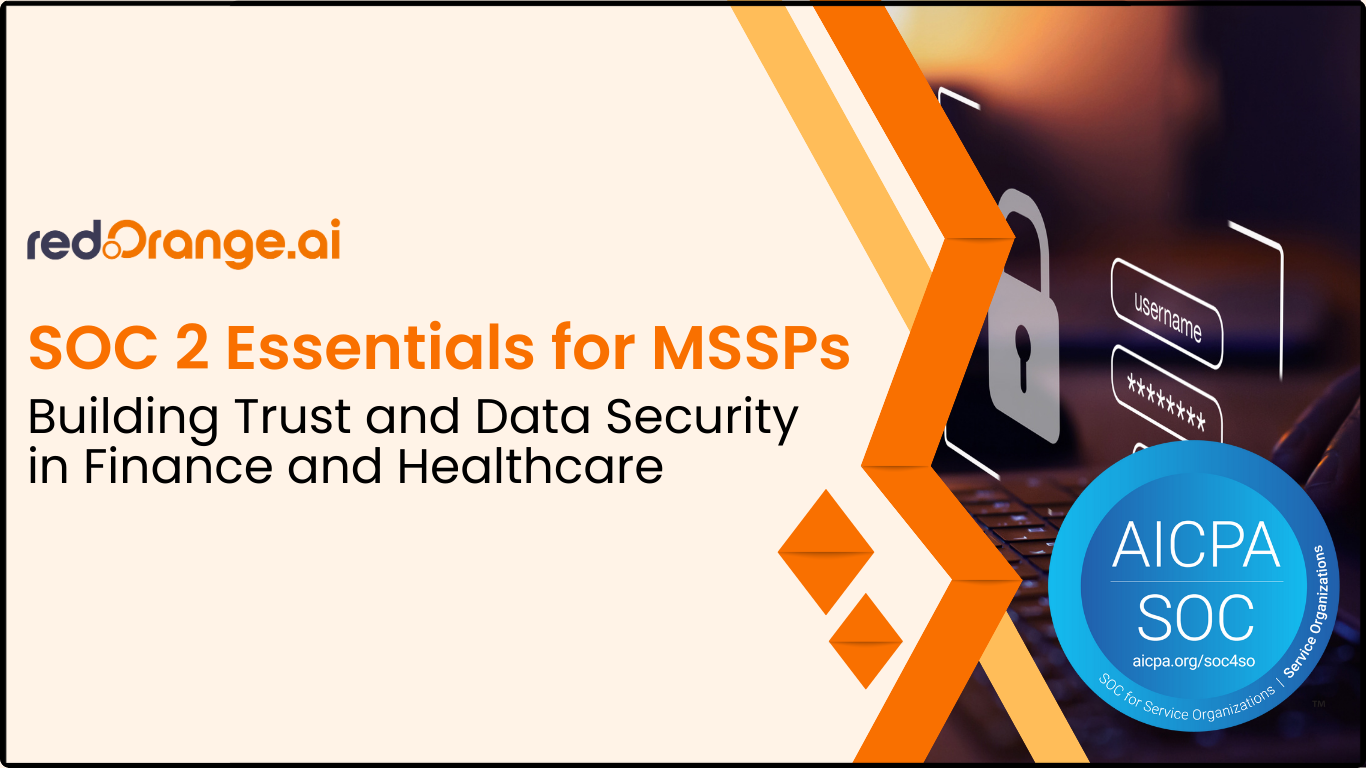Navigating Compliance For Finance and Payment Companies in Europe
For compliance professionals in Europe’s finance and payment processing sectors, navigating a maze of regulations is an everyday challenge. Frameworks like DORA, PSD2, PCI DSS, GDPR and the emerging AI Act create a robust regulatory foundation to protect consumer data, enhance financial stability, and build trust. However, keeping up with their evolving demands is no easy task.
This blog explores the critical compliance frameworks shaping the industry, the challenges they present, and how technology can help organisations meet these obligations efficiently.

Key Compliance Frameworks in European Finance
1. Digital Operational Resilience Act (DORA)
DORA ensures financial institutions remain operationally resilient against cyber threats.
- Core Requirement: Regular testing of operational resilience to identify and mitigate risks.
- Third-Party Oversight: Financial entities must ensure outsourced services align with resilience standards.
2. Payment Services Directive 2 (PSD2)
PSD2 fosters innovation while ensuring secure digital transactions.
- Authentication: Introduces Strong Customer Authentication (SCA), adding security layers while maintaining a smooth user experience.
- Open Banking: Enables secure sharing of financial data through APIs, encouraging collaboration but requiring constant monitoring for compliance.
3. Payment Card Industry Data Security Standard (PCI DSS)
PCI DSS enforces stringent standards for handling credit card data.
- Compliance Validation: Annual assessments by Qualified Security Assessors (QSAs) are mandatory.
- Proactive Measures: Regular system monitoring and intrusion detection are critical to meet requirements.
4. General Data Protection Regulation (GDPR)
GDPR remains a cornerstone of data protection in Europe.
- Data Security: Requires robust encryption and secure storage of personal and transactional data.
- Transparency: Demands detailed policies and consent mechanisms to ensure user data is handled responsibly.
Compliance Challenges Faced by Financial Institutions
1. Evolving Regulations
With frameworks like DORA and amendments to PSD2 frequently updating requirements, staying compliant demands constant vigilance.
2. High Costs of Compliance
For smaller and mid-sized organisations, compliance can consume up to 15% of operational budgets, as reported in the 2023 Compliance Benchmark Report.
3. Integration Complexities
Aligning compliance frameworks with legacy systems often results in downtime, inefficiencies, and frustration for IT teams.
4. Data Management Conflicts
Balancing GDPR’s stringent privacy standards with PCI DSS’s data retention policies creates operational challenges.
5. Manual Processes
Relying on spreadsheets and manual workflows increases the risk of errors and slows down the compliance journey.
Practical Strategies to Simplify Compliance
1. Leverage Automation
AI-powered compliance tools like RedOrange AI streamline repetitive tasks like documentation, risk assessments, and reporting, reducing manual overhead and error rates.
2. Stay Proactive with Data Management
Encrypt sensitive data, audit access logs regularly, and implement user access controls to meet GDPR and PCI DSS requirements seamlessly.
3. Invest in Resilience
DORA mandates operational resilience. Regularly assess vulnerabilities and simulate incident response to prepare for potential disruptions.
4. Use Pre-Mapped Controls
Simplify compliance by adopting tools with pre-built controls tailored for specific frameworks like PSD2 and GDPR.
5. Engage Experts
Hiring consultants for complex mandates like the AI Act or DORA ensures you stay ahead of evolving requirements without diverting internal resources.
Turning Compliance Into a Competitive Advantage
Compliance doesn’t have to be a burden. By adopting modern tools and technologies, businesses can reduce costs, improve efficiency, and foster trust with customers and regulators. The key lies in being proactive — embracing frameworks not as obstacles, but as opportunities to build operational excellence and resilience.
From managing third-party risks to ensuring data transparency, organisations that integrate compliance into their core operations can unlock growth and innovation in Europe’s highly regulated financial landscape.
Are you ready to navigate compliance with confidence? Start your journey today by embracing smarter strategies and cutting-edge technologies that simplify, automate, and scale compliance processes.
Get in touch with our experts: www.redorange.ai




